Liver Cancer: Signs, Stages & Treatment
 Itzel
|
Itzel
|
 08 Sep 2025
08 Sep 2025
What is liver cancer, and how does it develop
Liver cancer starts when cells inside the liver begin growing the wrong way. Instead of dying like they should, they keep multiplying, and after a while, they form a tumor. Some of these tumors stay small, but others grow fast or spread to other parts of the body. That’s when things get serious.
There’s primary liver cancer, which starts in the liver itself. The most common kind is hepatocellular carcinoma (HCC). Then there’s secondary liver cancer or metastatic liver cancer, which spreads to the liver from somewhere else—like the colon, breast, or lungs.
The liver does a lot, from filtering your blood to digesting food. That’s why when something goes wrong here, it affects the whole body.
Common symptoms of liver cancer to watch for
At first, you might not feel much. That’s the hard part. Symptoms can be slow to show up.
But when they do, they might look like:
– Pain or pressure in the upper right belly
– Unexplained weight loss
– Loss of appetite or feeling full fast
– Jaundice (yellowing of the eyes or skin)
– Fatigue that doesn’t go away
– Swelling in the belly
Some people also notice a liver cancer skin rash, or itchy skin that doesn’t get better. In rare cases, liver cancer skin issues include dark patches or strange bumps, usually from bile backing up. If you’re seeing any of that along with stomach pain or feeling off, better not ignore it.
Main causes and risk factors of liver cancer
Most people who get liver cancer already had some kind of liver damage before. One of the top causes is hepatitis B or C—those viruses hurt the liver over time, and sometimes that damage turns into cancer.
Other common causes:
– Heavy alcohol use, especially over years
– Cirrhosis, or scarring of the liver
– Fatty liver disease, even if you don’t drink
– Aflatoxins, which come from moldy grains or peanuts in some countries
– Smoking, too—another one that adds fuel to the fire
There’s also liver cancer survival rate by age—older folks tend to have lower rates, especially if they’ve got other health issues going on. But anyone with a messed-up liver is at risk.
Different types of liver cancer
There’s more than one type.
The main one is hepatocellular carcinoma (HCC)—starts in liver cells, most common.
Then you’ve got cholangiocarcinoma, which starts in the bile ducts. Some call it bile duct cancer. Not as common, but harder to treat.
Angiosarcoma and hemangiosarcoma start in the blood vessels in the liver—these are rare and aggressive.
If the liver cancer came from another part of the body, it’s not technically “liver cancer,” it’s called metastatic liver cancer. But it’s treated seriously either way.
Each one acts different, and doctors need to know what they’re dealing with to choose the right plan.
How liver cancer is diagnosed
If a doctor suspects something, they’ll start with blood tests. One key marker is AFP (alpha-fetoprotein)—if it’s high, that’s a red flag.
Next up are scans—ultrasound, CT, or MRI to look inside the liver. These help show if there’s a mass, how big it is, and if it’s spread.
Sometimes, they’ll need a liver biopsy, where they take a tiny piece of liver and look at it under a microscope.
Once they’ve got all that, they figure out the liver cancer stages and start planning treatment.
Stages of liver cancer and what they mean
There are four main stages.
Stage 1 liver cancer means the tumor is still small and hasn’t spread.
Stage 2 might be one big tumor or a few small ones, maybe starting to mess with blood vessels.
Stage 3 liver cancer means it’s growing into nearby areas or veins, and maybe starting to spread inside the liver.
Stage 4 liver cancer is when it’s spread to other parts of the body—lungs, bones, lymph nodes.
The liver cancer prognosis depends a lot on the stage. Earlier is always better. Once you hit stage 4, things get tougher, but there are still options.
Treatment options for liver cancer
Treatment depends on where you’re at. If they catch it early, surgery might be able to remove the tumor. Some people get a liver transplant, especially if their liver is already damaged from cirrhosis or hepatitis.
Other treatments include:
– Radiofrequency ablation (burns the tumor with heat)
– Chemo (less common, but still used in some cases)
– Targeted therapy (goes after cancer cells without killing everything else)
– Immunotherapy, which helps the body fight back naturally
There’s no single answer. Doctors pick based on size, location, type, and overall health.
Sanford Pharmacy helps patients going through treatment by providing access to liver cancer treatments, managing side effects, and supporting people with the supplies they need at home.
Living with liver cancer: what to expect
It’s not just the disease—it’s everything around it. Tiredness is common. Some people lose weight fast. Food may not taste right. You get full quickly. And with treatment, you might feel worse before you feel better.
There’s also the mental side. It’s heavy. Some days are hard. That’s okay. Talking to someone—family, a support group, a counselor—helps more than most people think.
Managing side effects matters. Good nutrition, staying hydrated, avoiding alcohol—it all adds up. And rest. Don’t forget rest.
Can liver cancer be prevented?
You can’t control everything, but you can lower the risk.
– Get vaccinated for hepatitis B
– If you’ve got hepatitis C, get treated
– Cut back on alcohol
– Don’t smoke
– Keep a healthy weight
– Watch out for fatty liver and manage diabetes if you’ve got it
– If you already have liver problems, get screened regularly
Catching it early can make all the difference.
When to talk to a doctor about liver concerns
See a doctor if you’re feeling:
– Constant fatigue
– Pain or fullness on the right side of your stomach
– Jaundice
– Swollen belly
– Sudden weight loss
Especially if you have hepatitis, fatty liver, or a history of alcohol use—don’t wait. Even something small could be the first warning.
Sanford Pharmacy is here to help with liver support supplements, treatment meds, and honest care. Whether you’re just starting this journey or deep into it, we’re ready to walk with you. You’re not in it alone. Not now, not ever.
Categories
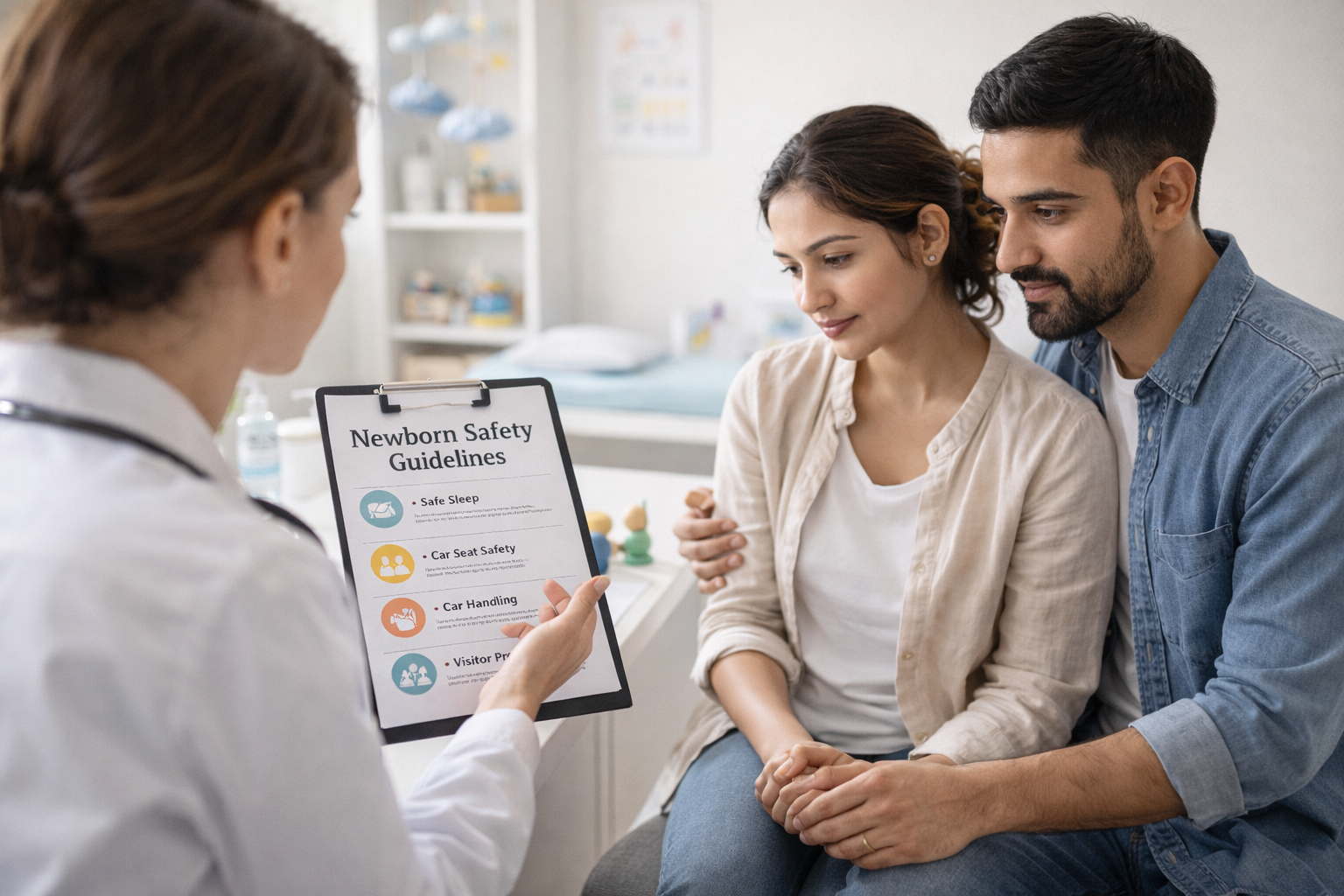
Can Newborns Get Infections from Visitors?
 Tobias
Tobias
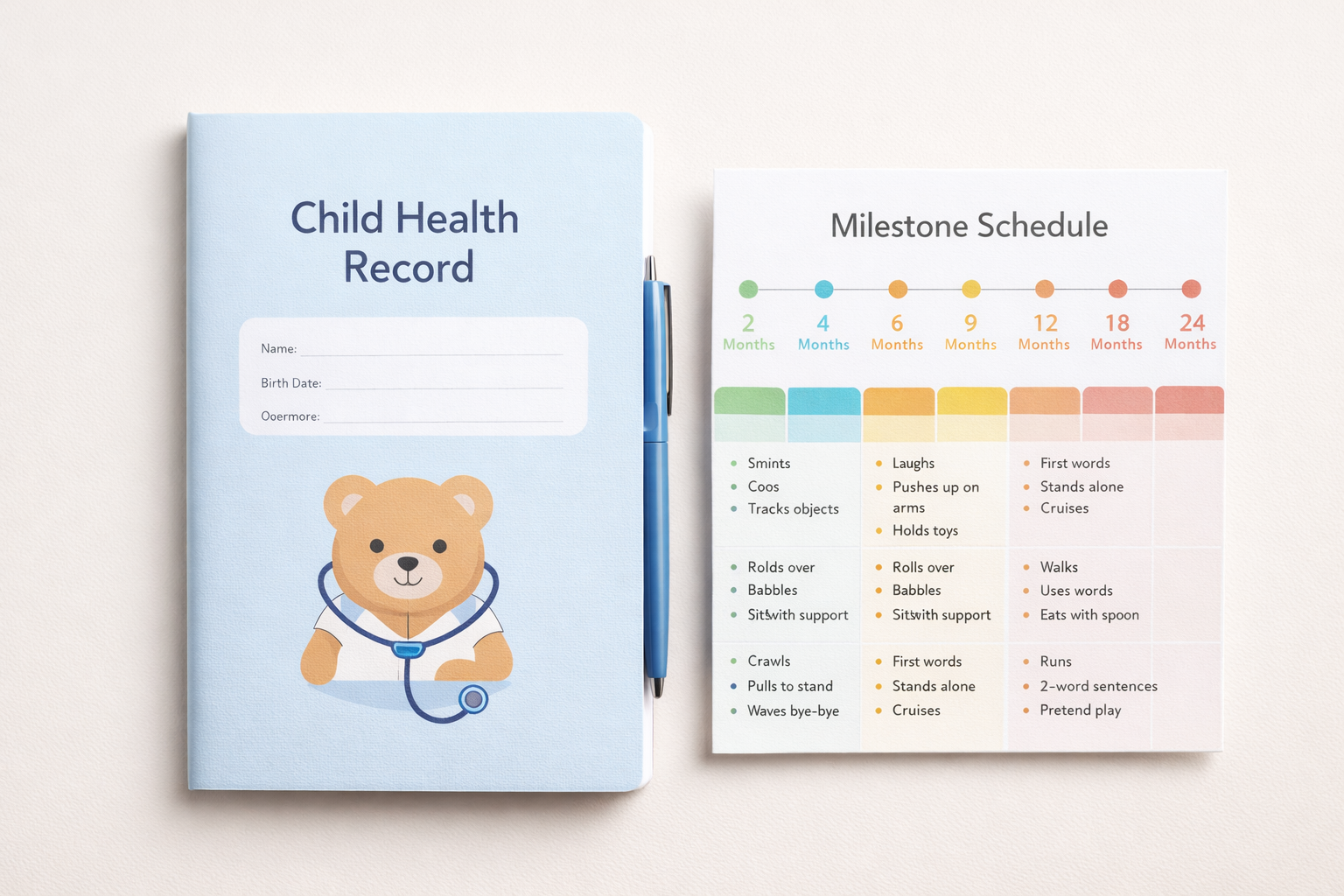
Signs of Developmental Delays in Infants!
 Justice
Justice

What Vaccines Are Required for Toddlers?
 Molly
Molly

Is Baby Getting Enough Breast Milk?
 Monserrat
Monserrat

What Are Common Health Issues in Premature Babies?
 Collin
Collin

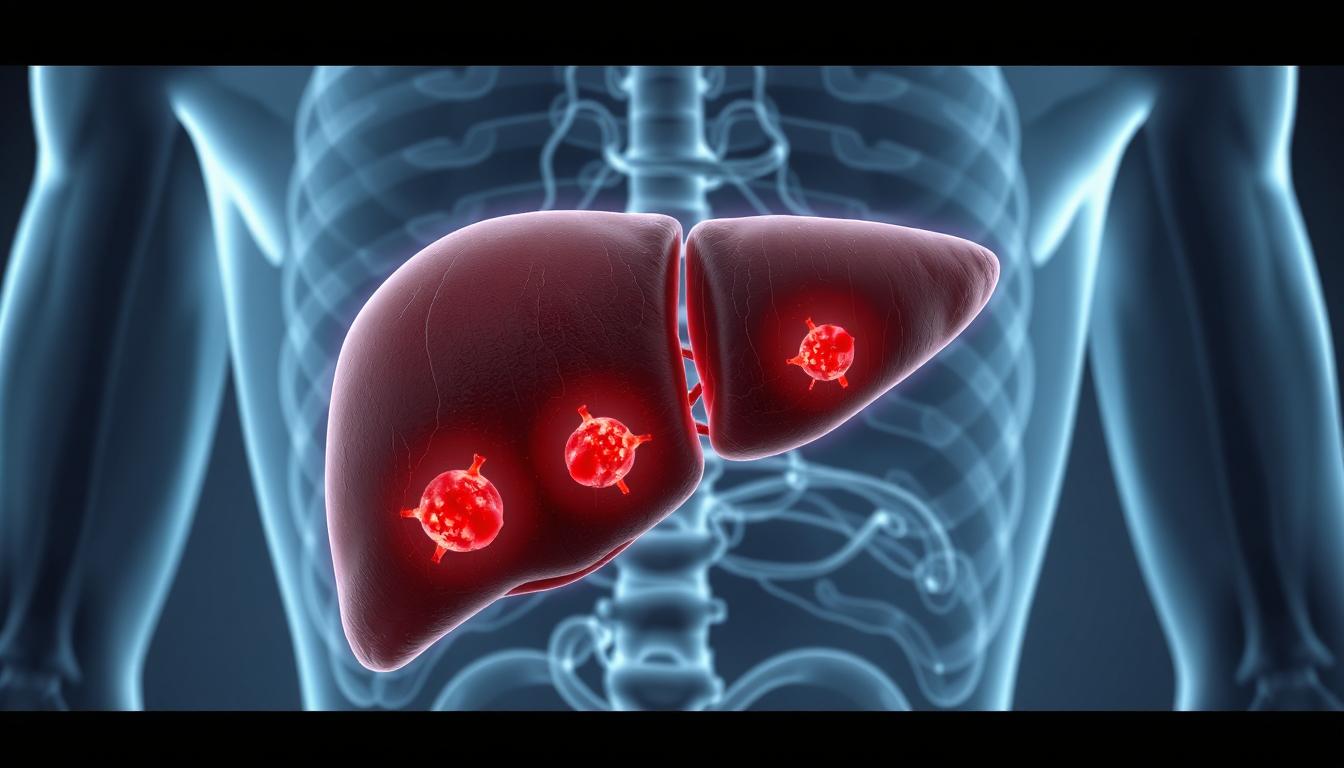
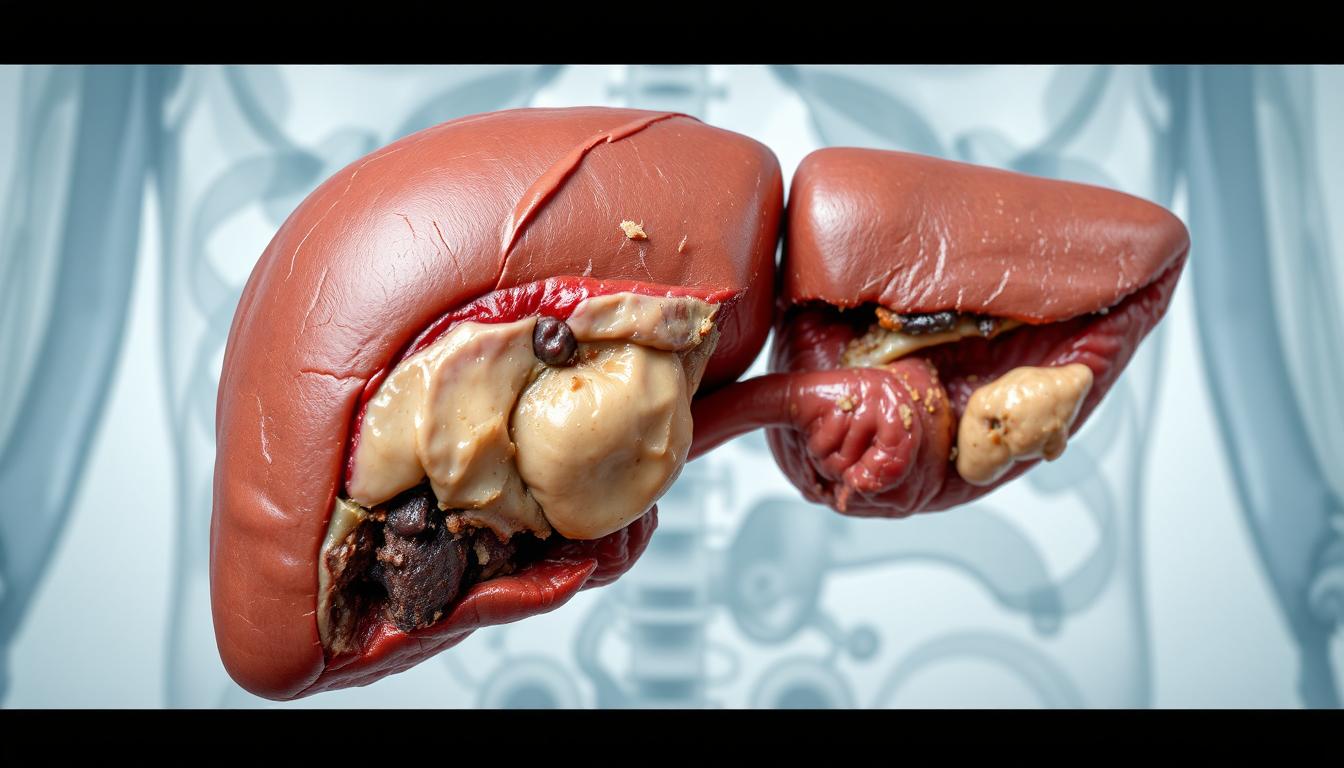
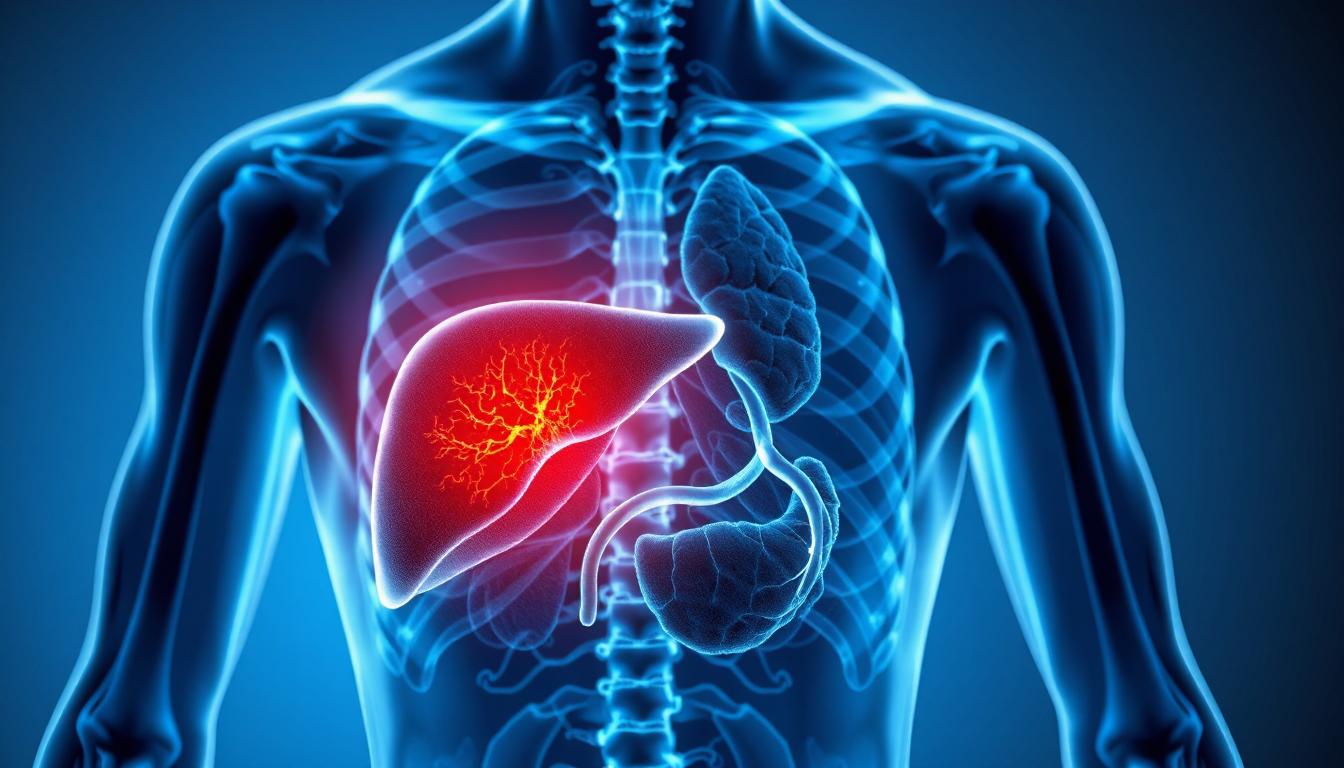







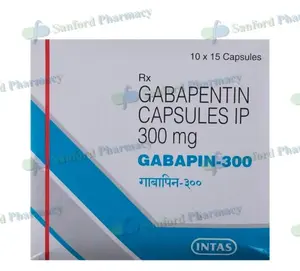
.webp)
.webp)
-(2).webp)
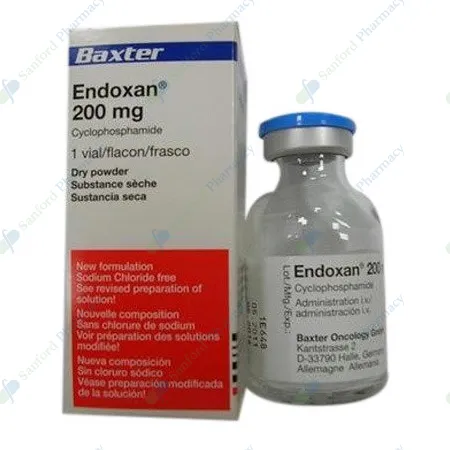
.webp)